Elizabeth Jennings The Woman Who Started Desegregation of New York Transportation System:Black History Month
LISTEN NOW
Follow Us
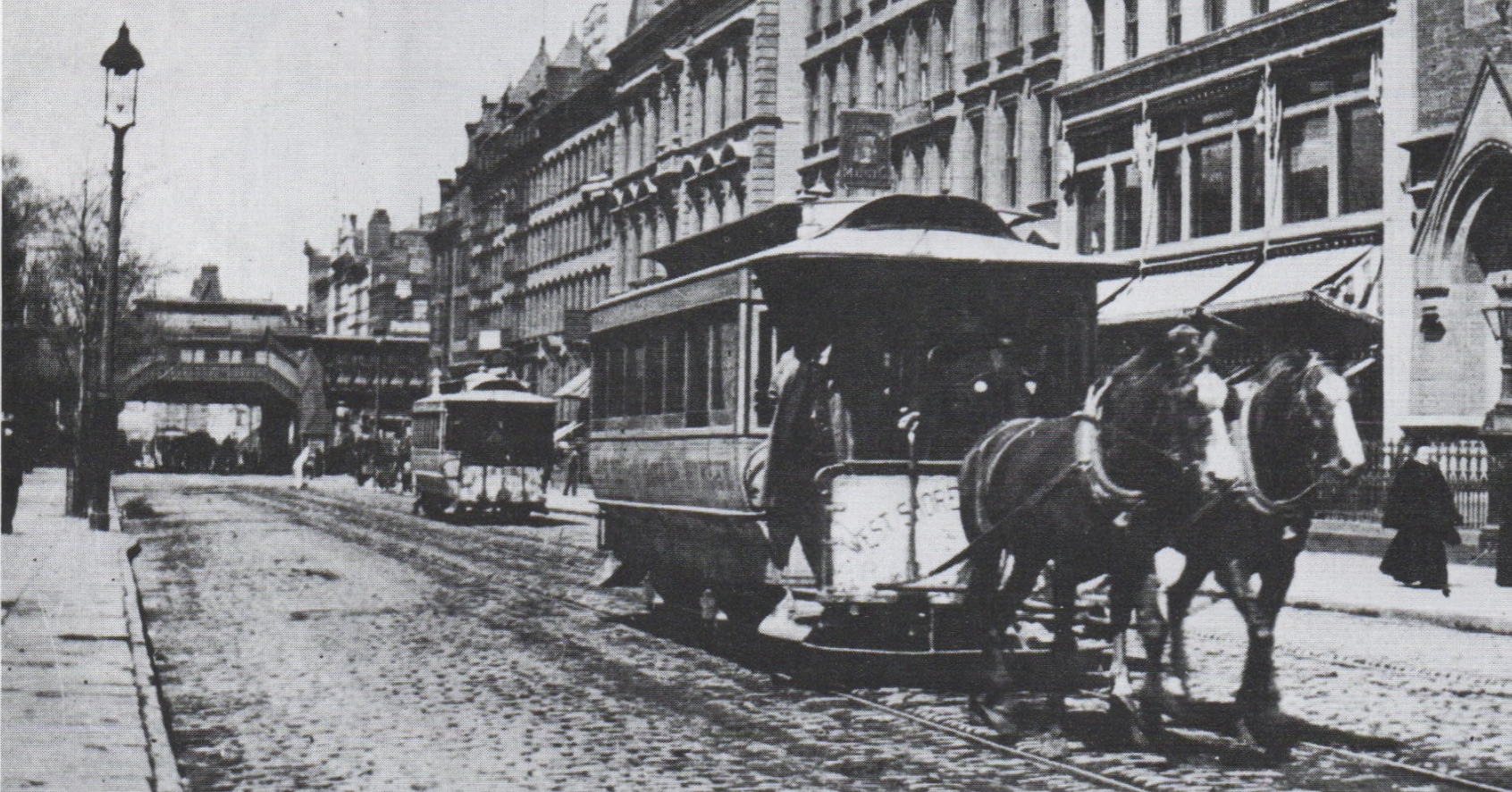
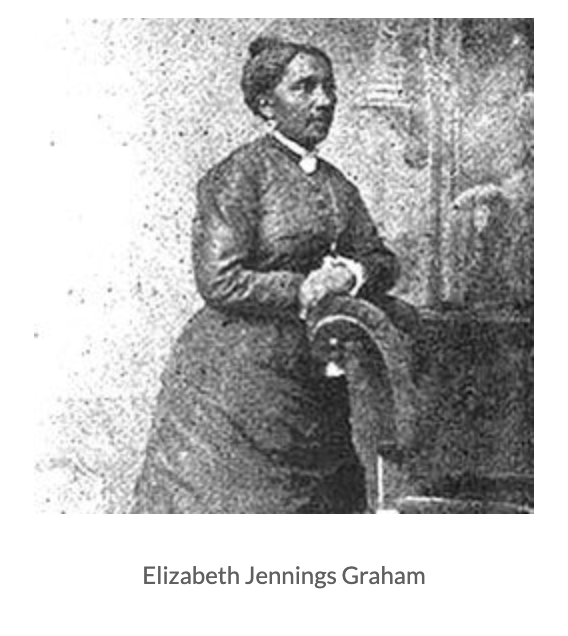
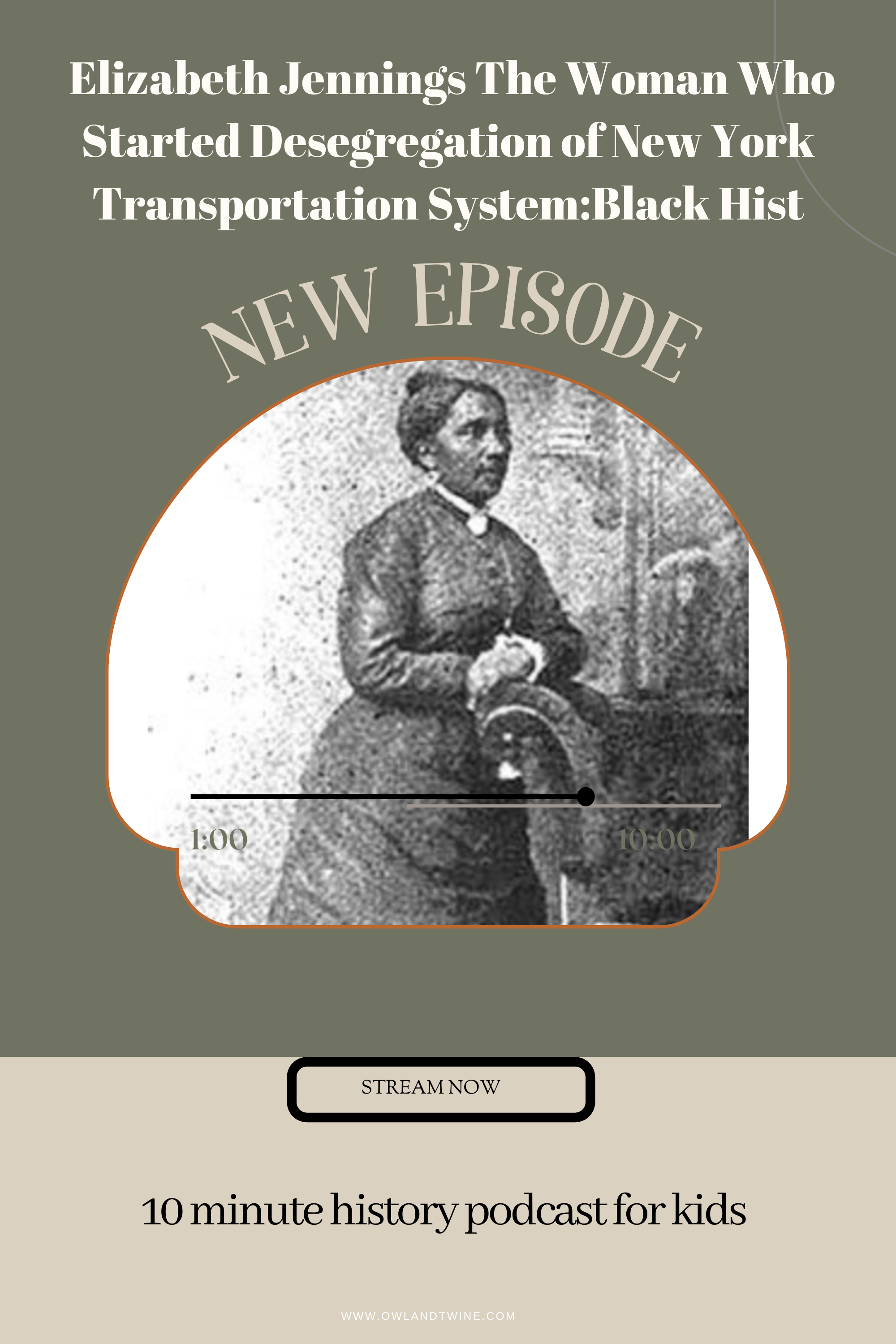
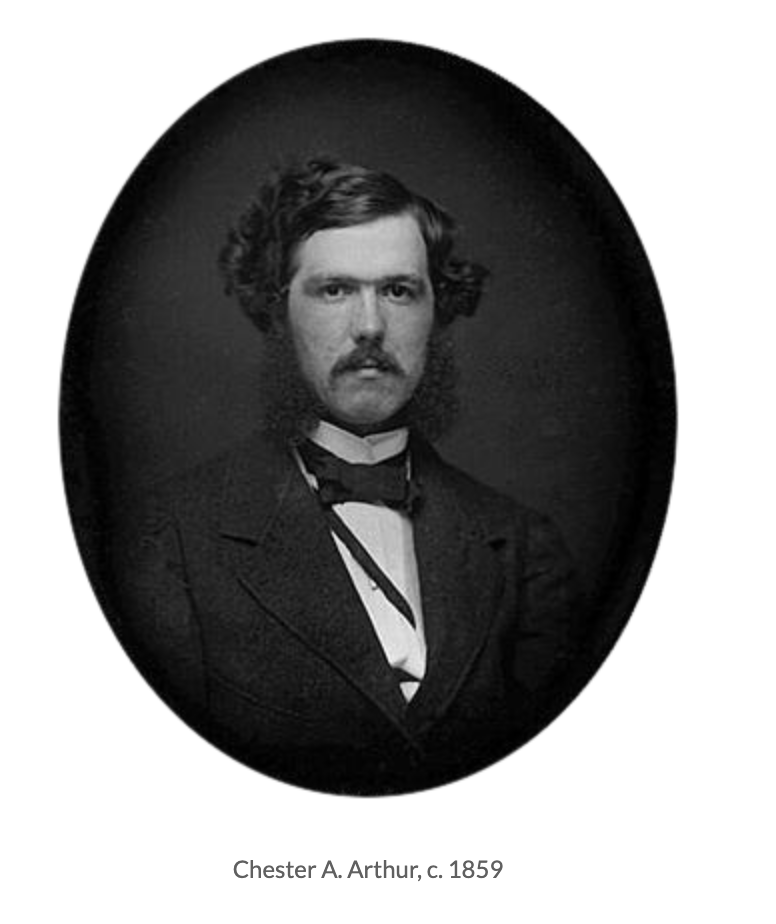
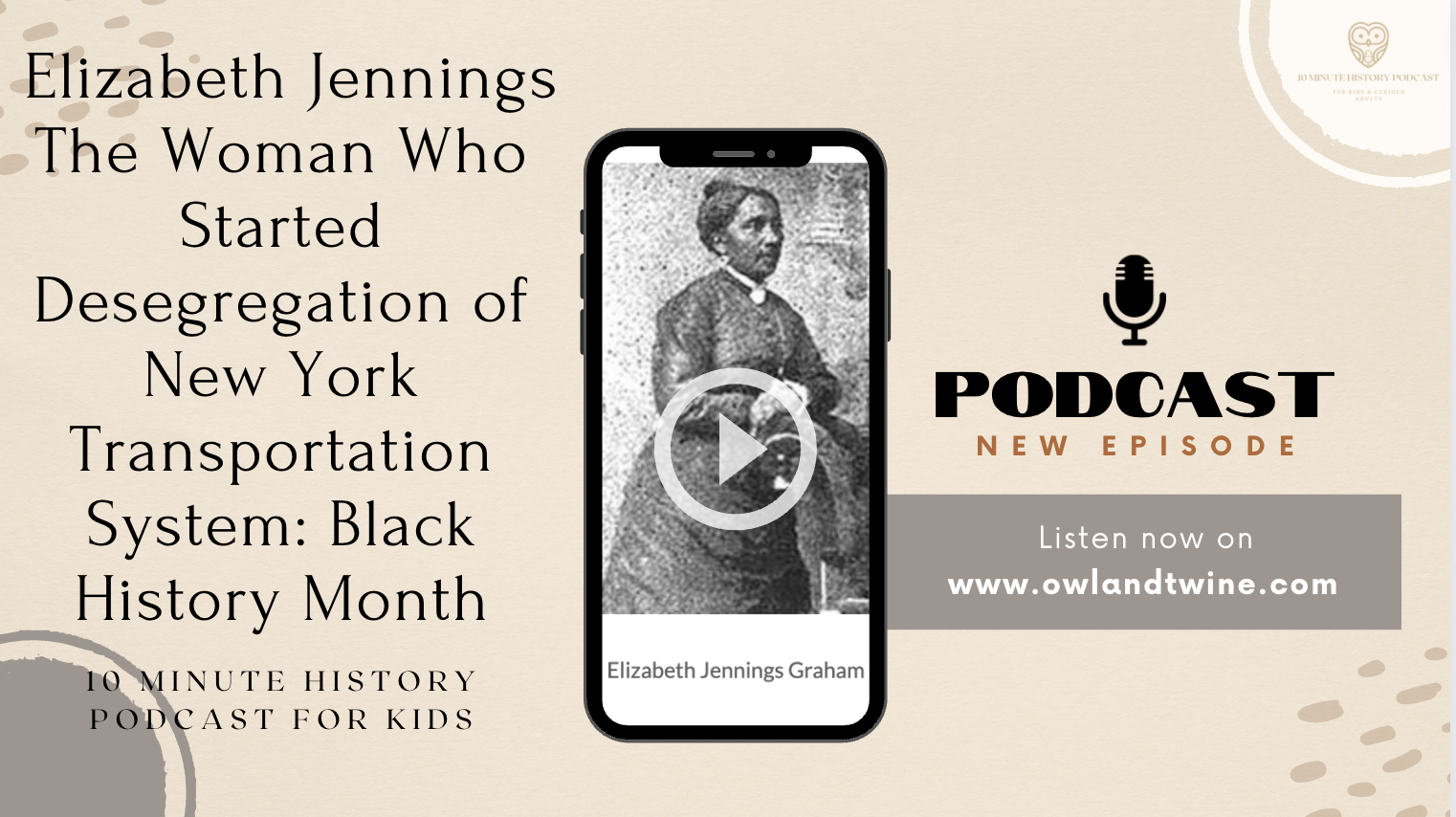


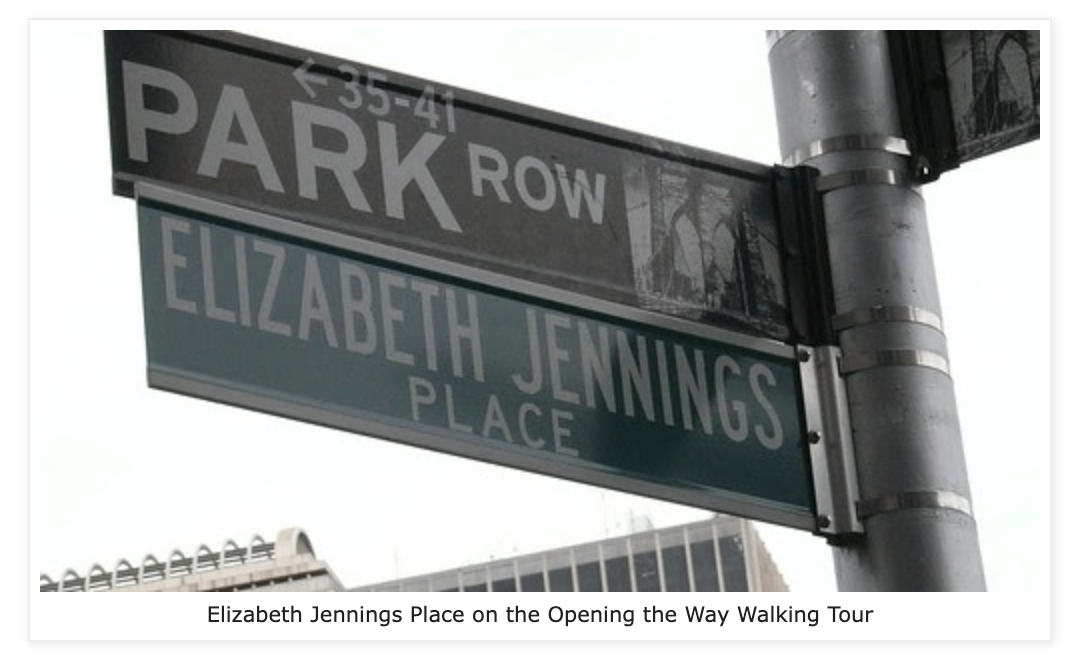



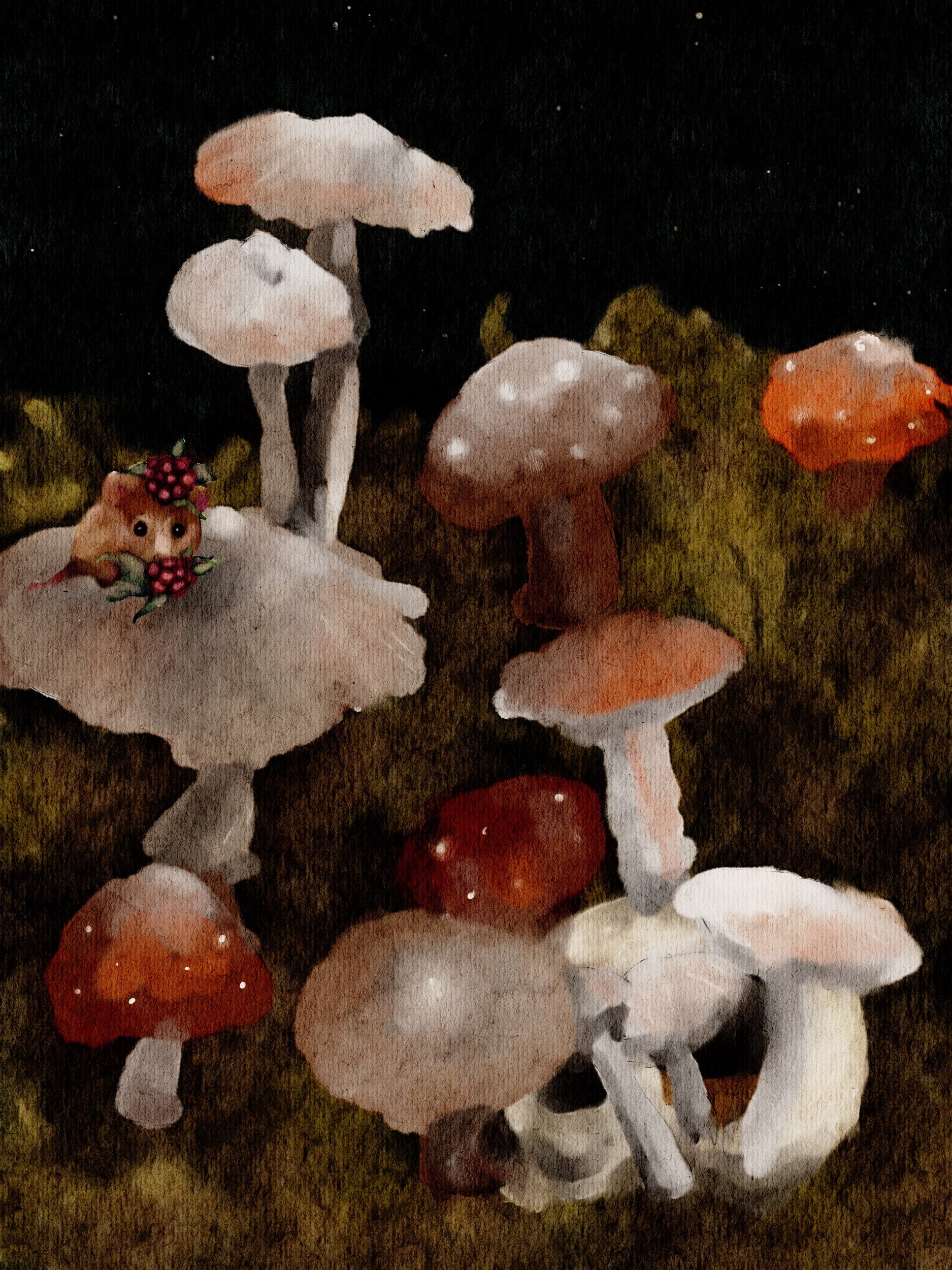
Elizabeth Jennings
Born 1827. Her father Thomas L Jennings was the first black patent holder in the US for his invention of dry cleaning. Her mother, Elizabeth, was a slave. Thomas Jennings used the money he made with his patent to purchase his wife’s freedom
Streetcars were segregated at the time with white carriages and black carriages. If there were no black carriages a black person was only allowed to ride in the white carriage if no white person objected. The carriages for black people were often overcrowded and ran infrequently.
On July 16 1854 Elizabeth and her friend Sarah Adams were running late for their church service where Elizabeth was the organist. The conductor ordered them out of the train telling them to wait for “their train”
Elizabeth answered back
"I...told him I was a respectable person, born and raised in New York, did not know where he was born, that I had never been insulted before while going to church and that he was a good for nothing impudent fellow for insulting decent persons while on their way to church."
The conductor grabbed Elizabeth who held her ground, the window sashes and even the conductor’s coat sleeves.
After being removed she jumped back on the train. The conductor then rode the horses to the station house to find a police officer. All of this happening 101 years before Rosa Parks.
This altercation was brutal leaving Elizabeth Jennings harmed. If the New York transportation system thought this was the end of things they were deeply mistaken in Elizabeth Jennings and her community.
I had mentioned Elizabeth’s father was an inventor but her mother was a brilliant woman who gave an important speech on the importance of education in the black community titled, “On the Improvements of the Mind”. The community Elizabeth grew up with were ministers, abolitionists, journalists, and educators. In other words, she had a community almost handpicked to help her create lasting change.
After the streetcar incident, Elizabeth Jennings wrote an account of the incident, The New York Daily Tribune and Fredrick Douglas’ paper printed her story.
She began her legal fight with a young lawyer, Chester Arthur who would become the future president. She sued Third Avenue Railroad Company and won in 1855. The judge ruled that a company in New York could not be excluded by the rules of the company. She was awarded $250 nearly $8,000 today. This judgment began the desegregation of the New York transportation system.
The Third Avenue Railroad Company immediately desegregated but other transportation companies were reacting slowly or not at all. Elizabeth’s father, Thomas Jennings founded The Legal Rights Association to challenge segregated transportation companies. In 1861 all New York transportation was desegregated.
After the suit, Elizabeth Jennings continued her career as a teacher for 35 years until the 1860’s. In 1895 she opened the first black kindergarten.
In 2007 a group of third and fourth graders from P. S. 361 lobbied in 2007 to name the street corner "Elizabeth Jennings Place"
“Openly discriminatory practices in public transportation did come to an end in New York City during Elizabeth Jennings’ lifetime, after the New York State legislature passed the Civil Rights Act of 1875,”
SOURCES
Thomas Reeves. The Gentleman Boss (2013)
Katherine Greider. The Schoolteacher on the Streetcar, New York Times 11/13/2005.
Leslie Alexander (ed.) Encyclopedia of African American History (2010)
New York Tribune. Outrage Upon Colored Persons, July 19, 1854, 7:2
New York Tribune. A Wholesome Verdict, February 23, 1855, 7:4.
Frederick Douglass’ Paper, July 28, 1854


